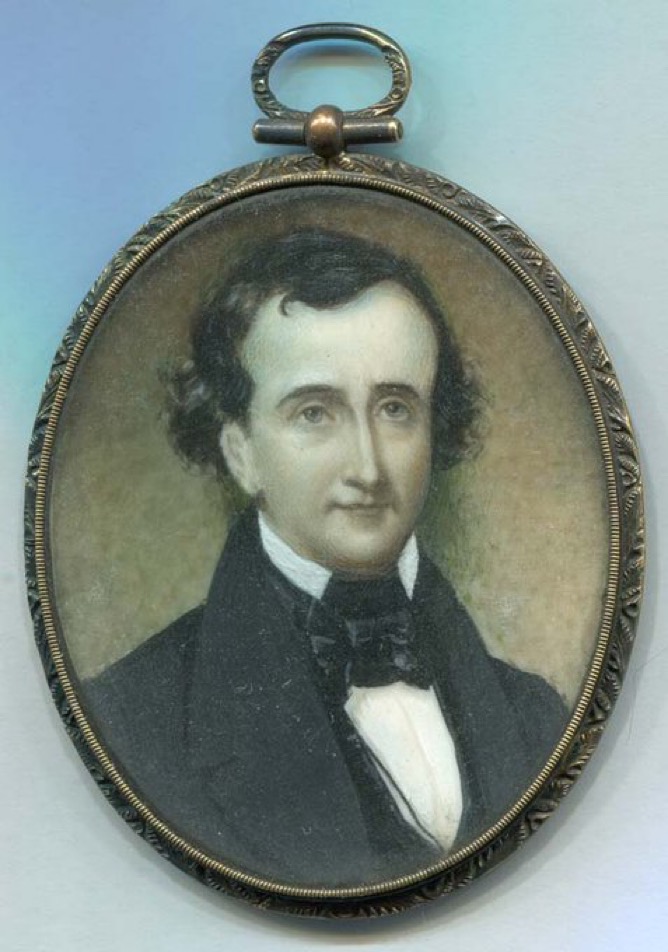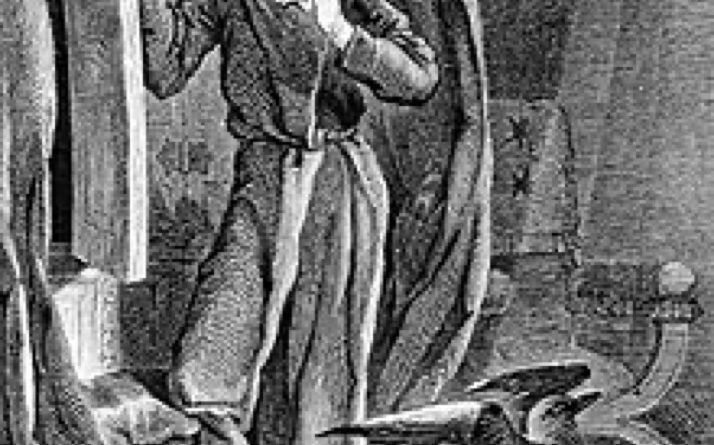Monday Mood: Edgar Allan Poe
Greetings to you all!
When I was asked by Rehna to include a piece for ‘Monday Mood’ for Lawyers Life on a subject I was passionate about, I jumped at the chance to write about a topic close to my heart. I am a lover of Gothic architecture, Gothic fiction and, of course, Gothic music! A Gothic story combines the genres of romance and horror which transports me into a world of mystery, fear and an overall atmosphere of exoticism.
Edgar Allan Poe is at the heart of my Gothic literature collection. He was an American writer. A poet. An editor. A literary critic. Poe is best known for his poetry and short stories, particularly his tales of mystery and the macabre.

In Volume One of the Complete Poems of Edgar Allan Poe, he talks of poetry and music and in his ‘Letter to B’ he explains:
“Music, when combined with a pleasurable idea, is poetry; music without the idea is simply music; the idea without the music is prose from its very definitiveness.”
Poe’s poems and short stories deliver chilling accounts with surprising and disturbing twists. It’s not unexpected to hear Poe being described as depressing and gloomy. His poetry draws on language which is consistent with negativity. His complex personal life, the loss of loved ones, his history with alcohol abuse and his untimely death adds to the overall fascination of a man, who was a poetic genius.
Poe was born in Boston in 1809. He was the second child of David and Eliza Poe, who were professional actors. It is said that he was named ‘Edgar’ after a character in Shakespeare’s King Lear, the play in which his parents were performing in 1809. In 1810, his father abandoned the family and his mother died the following year from pulmonary tubercolosis. Thus orphaned, he was raised by merchant John Allan and his wife, Frances, who served as his foster parents. Although they never formally adopted him, they named him Edgar Allan Poe.
Poe married his first cousin Virginia Eliza Clemm, in 1836. He was 27 and she was 13. The marriage was said to be a loving relationship. She died at the age of 24 after contracting tuberculosis. Two years later on the 3rd October 1849, Poe was found delirious and dishevelled on the streets of Baltimore, “in great distress, and … in need of immediate assistance”, according to Joseph W. Walker, who found him. He died four days later. He was 40 years old. Poe was not coherent long enough to explain how he came to be in his desperate condition and, strangely, he was not wearing his own clothes. Some sources say that Poe’s final words were, “Lord help my poor soul.”
He earned overnight fame for The Gold-Bug (1843) and The Raven (1845), yet he earned virtually nothing from his accomplishments. Poe continues to be celebrated throughout popular culture and lines from his poems are frequently quoted. His grim storytelling continues to inspire generations of writers and lyricists to pay tribute to the iconic author despite the fact his stories and poems were written in the 1800s.
For your Gothic earworm, I have included music by Queen, The Stranglers, Propaganda and Stevie Nicks, who are among those inspired by Poe. And to leave you with a final thought …
“… the comprehension of sweet sound is our most indefinite conception.” – EAP
Until next time!
Enjoy!
Eliza x
Queen – Nevermore (1974)
The Stranglers – The Raven (1979)
Propaganda – Dream Within A Dream (1985)
Stevie Nicks – Annabel Lee (2011)

